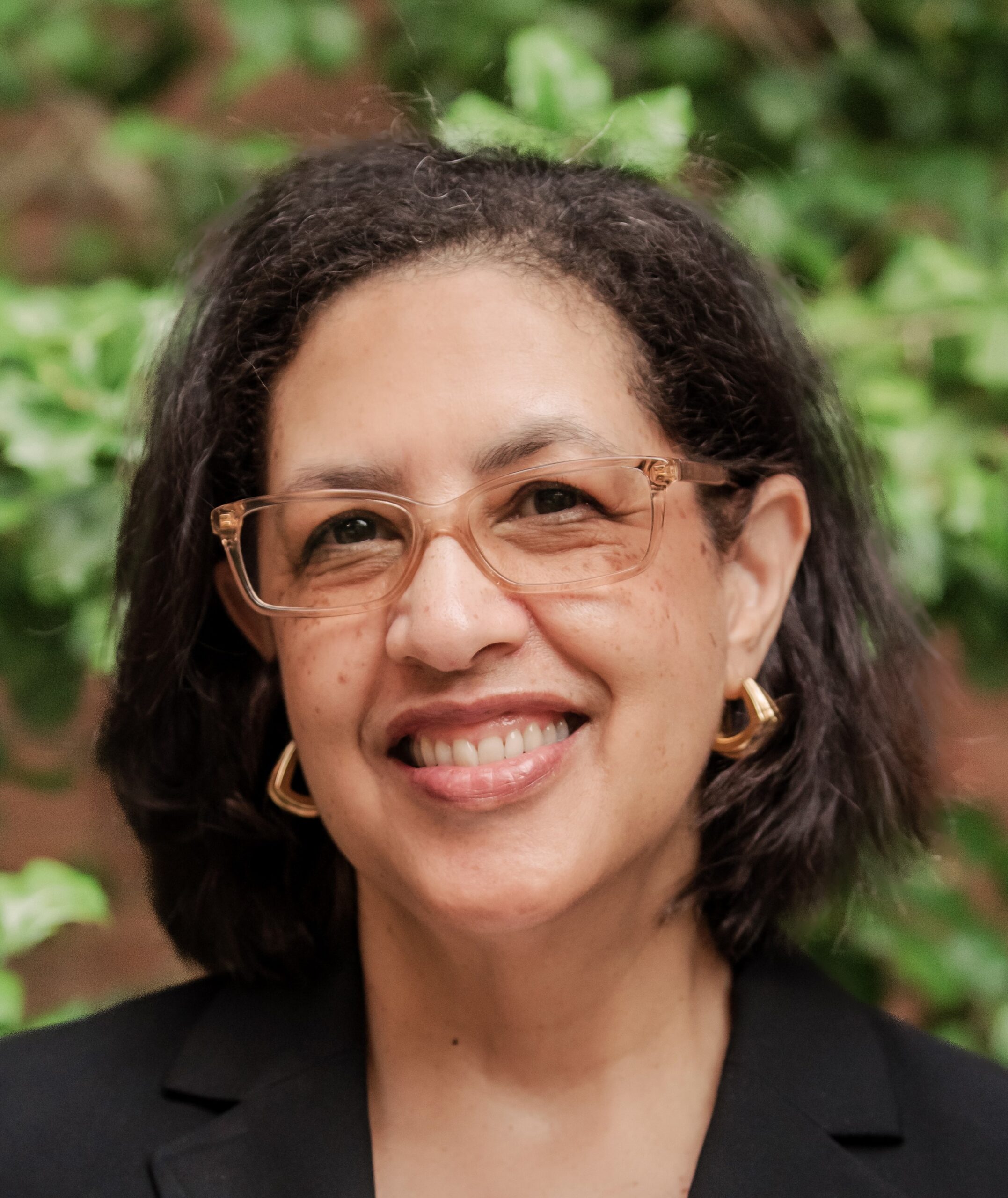The Role of Dean-in-Residence at the Council of Graduate Schools: A Pathway for Impact Beyond the Campus
As the landscape of graduate education continues to evolve, the need for experienced leadership, innovative thinking, and seasoned mentorship has never been greater. For many sitting deans of graduate schools, the culmination of a fulfilling academic administrative career invites a critical question: What comes next?
For those who wish to continue shaping graduate education on a national scale — and give back to the community that supported their leadership journey — the Dean-in-Residence program at the Council of Graduate Schools (CGS) offers a singular opportunity.
The Dean-in-Residence program was established to infuse CGS’ policy and programmatic work with fresh, on-the-ground perspectives from current or recently retired graduate deans. Each year, one or more senior graduate education leaders join the CGS staff in Washington, D.C., contributing to research projects, policy development, advocacy, and member engagement.
This arrangement is mutually enriching:
- For CGS, the Dean-in-Residence provides real-time insight into the opportunities and challenges faced by member institutions.
- For the dean, the role is a unique bridge from campus to national service, allowing them to extend their impact, share their expertise, and learn from peers across diverse institutional contexts.
Why Consider Serving as Dean-in-Residence?
While many deans spend years advancing graduate education within their universities, the Dean-in-Residence  position enables one to contribute to the broader dialogue. This may include providing input to major CGS initiatives — from graduate student mental health and career pathways to supporting fair and inclusive graduate programs. Your perspectives as a former campus leader can strengthen CGS reports, inform policy briefs, and enrich workshops that influence thousands of graduate programs nationwide.
position enables one to contribute to the broader dialogue. This may include providing input to major CGS initiatives — from graduate student mental health and career pathways to supporting fair and inclusive graduate programs. Your perspectives as a former campus leader can strengthen CGS reports, inform policy briefs, and enrich workshops that influence thousands of graduate programs nationwide.
Many deans who are stepping away from administration or retiring from the university feel they still have more to give. Serving as Dean-in-Residence is a way to apply your experience in new contexts and help guide graduate education through times of change. Each Dean-in-Residence develops their own special project that allows focused time in an area related to graduate education that utilizes the expertise and resources at CGS.
For some, the Dean-in-Residence experience is also a thoughtful bridge between full-time campus administration and full retirement, returning to full-time faculty or moving to a new administration role. It offers an intellectually stimulating environment with a flexible, focused scope of work, usually for an academic or calendar year.
Core Responsibilities of the Dean-in-Residence
The exact portfolio varies depending on CGS’ strategic priorities and the dean’s interests and expertise. However, core activities typically include:
- Policy and Research Projects: Contributing to research design, analysis, and writing. Some deans in residence co-author reports and articles published by CGS.
- Program Development: Advising on new or ongoing CGS initiatives.
- Member Engagement: Supporting conferences, webinars, and workshops — sometimes delivering presentations or moderating panels.
- Advocacy: Providing input on policy statements and meeting with policymakers alongside CGS staff.
- Institutional Outreach: Serving as a liaison between CGS and member institutions, especially on issues that align with the dean’s background. The Dean-in-Residence also responds to inquiries about the April 15th Resolution (an agreement among the signatory graduate schools to provide applicants until April 15 to consider offers of admission that also include financial support).
- Special Project: Working on a project of interest that advances graduate education.
My special project for the year focuses on international partnerships and engagement in three areas:
- Continuing the activities of the Global South Initiative including pursuing some of the recommendations in the report of the ad-hoc committee;
- Expanding the discussions at CGS meetings on international engagement to also cover education abroad opportunities for graduate students at member universities; and,
- Participating in key conversations in the higher education community on international education.
While serving as Vice Provost and Dean of the Graduate School at the University of Maryland, Baltimore County (UMBC) I had the opportunity to chair the Ad-Hoc Advisory Committee on the CGS Global South Initiative. The Committee was charged with developing a comprehensive strategy for expanding connections and developing a sustainable network of networks between CGS member universities and their counterparts in the Global South. This included identifying strategies for collaboration between CGS and CGS member institutions and universities in the Global South focused on building research and postgraduate educational capacity in those areas of Africa and Latin America not already actively engaged in global partnerships or collaborations, and the networks, organizations, associations, governmental agencies, or corporate partners with whom CGS could productively partner to facilitate postgraduate education collaborations between CGS member universities and those in the Global South. As Dean-in-Residence I served on a panel at the Annual Conference of the Council of Historically Black Graduate Schools (CHBGS) about the Global South Initiative with colleagues from two universities that had exemplary programs that demonstrate the kinds of partnerships that can be very effective.
The 2024 CGS Strategic Leaders Global Summit focused on Transdisciplinary and Transnational Research to Solve Global Challenges. CGS hosted two webinars to continue the conversation with a focus on issues important to Latin America and Africa. The webinars featured speakers from the respective continents and opened participation to networks of faculty and administrators in graduate education and research.
At the Summer Workshop in Portland there was a Dean Dialogue session on Formalized International Education and Research Experiences for Graduate Students. Model programs that were presented to get the dialogue started included an online course with faculty and students located in the U.S. and two other countries, cotutelle PhD supervision between Canada and France, and a mentored experience for students from the U.S. to teach in another country. Session participants discussed opportunities and challenges to implement international experiences for their students.
CGS participates in strategic conversations with other higher education organizations, federal agencies and other partners that are interested in promoting a positive experience for students from other countries to study in the U.S. For example, CGS is a member of the U.S. for Success Coalition. As Dean-in-Residence I had the opportunity to participate in meetings with higher education partners and federal agencies with CGS staff. I represented CGS at the NAFSA: Association of International Educators conference in San Diego and obtained valuable updates on how to best support the success of our international students and suggestions for expanding our networks in the Global South.
While I was an active member of CGS for many years and participated on several committees, having the opportunity to spend this year working with the very talented and collegial staff at CGS has given me an inside view of the different ways that CGS supports and advocates for graduate education. Representing the perspectives and interests of the member community in planning meetings for the annual conference and summer workshop has been both valuable and rewarding. In my later years as graduate dean at UMBC I got more involved in internationalization activities. As Dean-in-Residence I was exposed to, and had the opportunity to participate in, a much broader arena with potential for a broader impact than I would have had at my home university.
Logistics and Support
The Dean-in-Residence is typically a one-year, part-time or full-time appointment. CGS provides travel support for related meetings and conferences. Many participating deans also spend time at their home institutions as needed in a hybrid or even virtual arrangement.
Those interested should plan ahead: prospective Deans-in-Residence are often identified a year in advance to ensure a smooth transition. Most deans coordinate this opportunity as sabbatical leave, while others as a transition to retirement. If you are curious about serving in this role, the first step is simple: start a conversation. CGS leadership welcomes informal inquiries and is glad to share more about upcoming priorities and discuss ideas for special projects.
To apply for the Dean-in-Residence position, please send President Chevelle Newsome (president@cgs.nche.edu) a letter of interest, including mention of a specific project or projects you would like to pursue, a curriculum vitae, and a preferred start date. Applications are accepted throughout the year and may be submitted one year in advance of your intended sabbatical year. We encourage early submission to ensure your institution has adequate time to coordinate sabbatical and administrative leaves. While the expected term for the Dean-in-Residence is an academic or calendar year, shorter terms are also possible.

